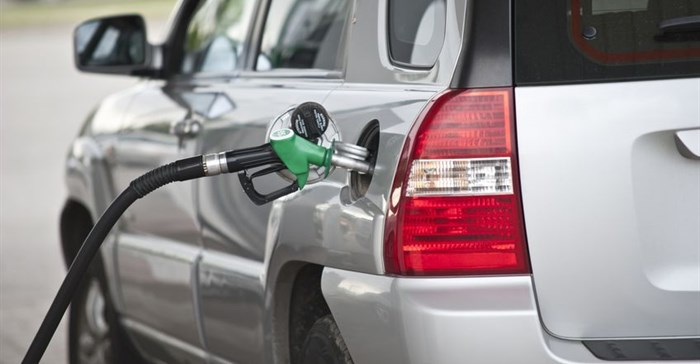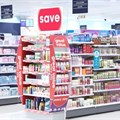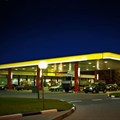Consumer attitudes towards fuel loyalty programmes in SA

The average consumer also tends to stay with a programme for at least three years before they consider switching, and the average South African has three or more loyalty programmes that they use quite regularly.
Loyalty programmes in the South African fuel industry
Loyalty programmes in the South African fuel industry have become increasingly popular. South Africans use an average of 11.1 billion litres of petrol and 12.1 billion litres of diesel a year. The Fuel Retailers Association lists many fuel retailers as members, including Shell, Total, Ener-gi, BP, Engen, Sasol and Caltex.
Many of these fuel retailers have their own loyalty programmes or have partnered with another business to provide customer incentives.
The top seven fuel loyalty programmes for 2020 are:
• Sasol and ABSA Rewards
• Shell V+ Rewards Scheme
• BP or Shell and Discovery Insure
• Total and Dis-chem Rewards
• FNB eBucks and Engen
• Pick n Pay SmartShopper and BP
• Caltex and Standard Bank Ucount
Many of these loyalty programmes offer different tier levels and tier rewards. Discovery Insure offers the highest rewards – up to 50% back per litre, or about R 7.00 at current fuel price levels – but consumers need to have their vehicles insured through Discovery. The driver can also get up to 50% of fuel spend back every month just for driving well.
But how successful are these programmes, really? What do consumers think about them? In this Master’s study, it was discovered that the success of these programmes depends on several factors that we discuss below.
Tiers and tier progressions don’t matter: The South African consumer is not concerned about the various tiers and tier progression. Their main interest is in being duly rewarded for their patronage, and they are generally very excited to earn them. The consumer is also appreciative when these rewards can be ‘cashed in’, especially in times of financial difficulty.
It’s exciting to earn points: Participants expressed excitement about earning loyalty points, but emphasised that these need to be in the right quantities each time that they fill their car with fuel. Consumers trust that the retailer will oblige appropriately.
The location of the filling station is not necessarily important: When consumers were asked to identify the least important factor to consider in the structure of the loyalty programme, location came up first.
Most consumers said that, because reward points can be earned with every retailer of the brand, they often do not have a specific site they patronise, but go to the one that is most convenient for them when they’re out and about. They also stated that they willingly drive past other fuel retailers to get to their specific fuel retailer so that they can benefit from the loyalty programme.
Provide variety of cash-out options: Many of the loyalty card holders felt that the ways to redeem points are too restrictive, and appealed for a larger variety of options. These included more retailers where rewards could be ‘cashed in’ and a range of products / services that could be purchased, such as paying for airtime or buying groceries.
The petrol attendant is the ‘go-to’ person for rewards information: Consumers see the petrol attendant as the ‘go-to’ person when information is needed. Therefore, fuel retailers must ensure that their employees are well-informed about all aspects of the loyalty programme. Consumers also appreciate the petrol attendants’ reminder to swipe their loyalty card.
Make the rewards system easy to understand: South African consumers want an easy-to-understand system. Many of those who were interviewed did not know which tier level they were on, or exactly what points they were getting. This suggests that loyalty programme providers, such as fuel retailers, must find ways to simplify and streamline loyalty mechanisms while having all the necessary support structures in place. Consumers are far more interested in a reward system that is convenient.
Results of full study available at the UJ Library. Contact the UJ Department of Marketing Management for more info (marketingfit@uj.ac.za).

































